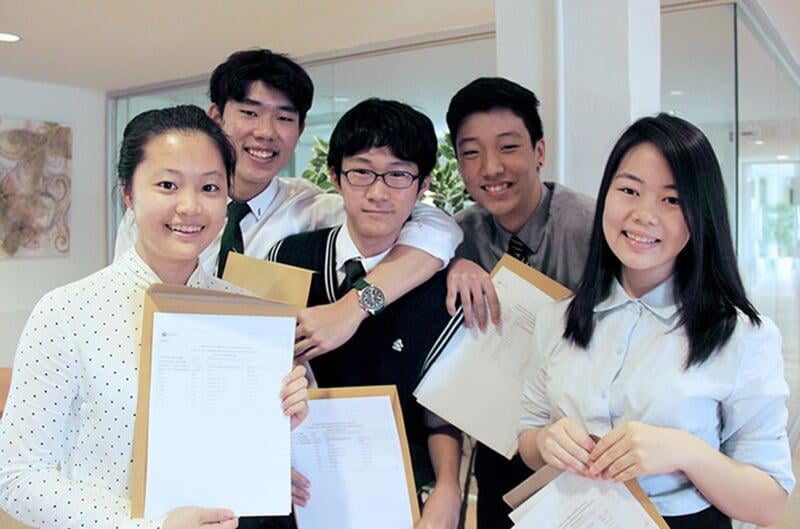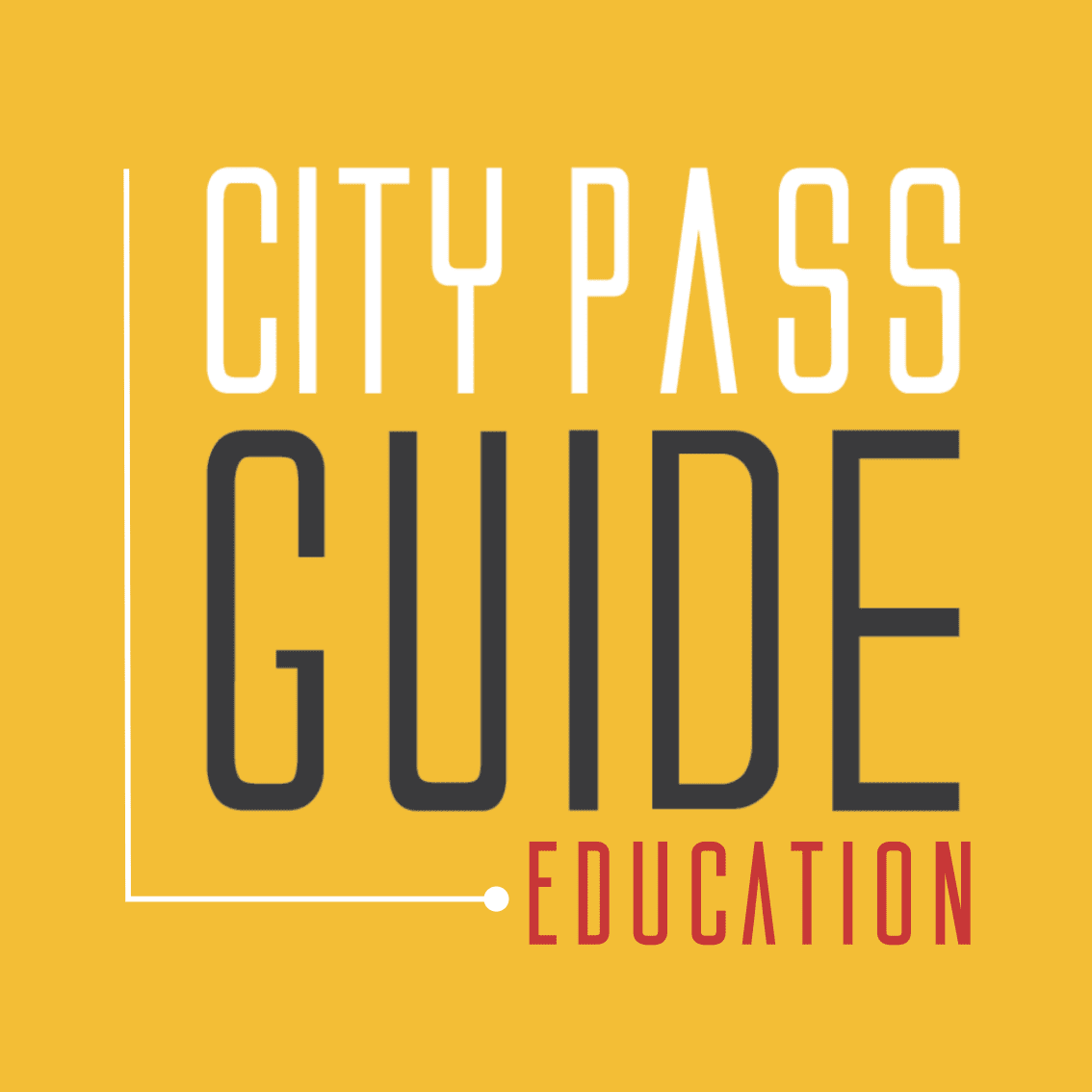All parents want their child to receive solid education that prepares them for life in a higher education environment and beyond. Whether your child is considering taking A Levels, the IB Diploma, or AP, the International General Certificate of Secondary Education (IGCSE) is a thorough study programme that has been specifically designed to prepare international students for the next step of their education journey, regardless of where they are in the world. Here, the CityPassGuide: Education team have summarised what the IGCSE is, how it compares to the IB Middle Years Programme, and what advantages it can bring for your child.
Introduction to the IGCSE
The Cambridge International General Certificate of Secondary Education was introduced at the same time as GCSEs were introduced to students in the UK. Teaching of the ‘new’ curriculum started in September 1986, and was first examined in June 1988. 33 years later, it is the most popular international qualification for 14 to 16 year olds in the world.
By offering students more subjects to choose from than any other international qualification, the IGCSE provides students with more ways to learn and, ultimately, more ways to succeed.
Schools across the world have played a part in the development of the IGCSE, which means the syllabuses are designed with an international student body in mind. Local cultures are considered in the development of lessons and Cambridge IGCSEs work hard to avoid cultural bias.

By offering students such a broad variety of subjects to study, IGCSE schools not only encourage learners to engage with a variety of topics, but they also encourage them to make cross curricular connections. This approach helps students improve their academic performance as it nurtures creative thinking, inquiry and problem-solving. These all important transferable skills provide the perfect foundations for advanced study, whatever programme of study a student intends to follow after IGCSE.
With the option to study more than 70 subjects , including 30 different languages, Cambridge IGCSE students develop the ability to:
- Apply knowledge and understanding to new, and familiar, situations
- Make intellectual enquiries
- Respond to change
- Work and communicate in English
- Influence outcomes
- Appreciate different cultures
What is the difference between IGCSE Core and IGCSE Extended?
To ensure that the IGCSE is suitable for students with a range of abilities, students are often able to choose between taking two different programmes of study, ‘core’ and ‘extended’.

The ‘core’ curriculum is considered to be accessible to a large majority of students. It provides students with a thorough overview of the subject and is generally designed with students who are expected to achieve grades C to G in mind.
The ‘extended’ programme is designed for students who are expected to achieve higher grades (A* to E).
How are IGCSE students assessed?
Assessment of the Cambridge IGCSE takes place at the end of the course and can be in the form of written, oral, coursework or practical assessment. This approach gives students a variety of opportunities to demonstrate their abilities, as is particularly accessible for students who study English as an additional language.
IGCSE examinations take place two times a year, in June and November, with students receiving results in August and January. Grades are awarded using an internationally recognised letter system, (A* to G). Each grade has a clear description which explains the standards required to be awarded a certain grade.

IGCSE qualifications are accepted by employers and universities world-wide. However, universities generally require a combination of IGCSE and ‘A Levels’ to meet their entry requirements.
The aim of the IGCSE is to make sure students are prepared for studying at higher education facilities. And with 100 % of respondents in a 2018 survey of higher education admissions tutors, reporting that IGCSEs and A Levels offered ‘excellent’ preparation for university, it seems that the goal is being achieved.
Is there a difference between IGCSE and IB Middle Years Programme?
Both IGCSE and IB MYP offer students an excellent course of education. The main difference between the two programmes is that IB teachers have to design a curriculum for students to follow and decide how lessons should be delivered. IGCSE teachers do not need to design the curriculum as content and objectives are already established.

In addition, IB MYP offers almost continuous assessment for students whereas IGCSE in many cases relies on specific examination periods. This can be either a positive or a negative for students, depending on whether they feel more comfortable with exams or coursework.
For information about Secondary schools in Ho Chi Minh City and which programme they offer visit our list of Top International Schools (updated for 2021).

